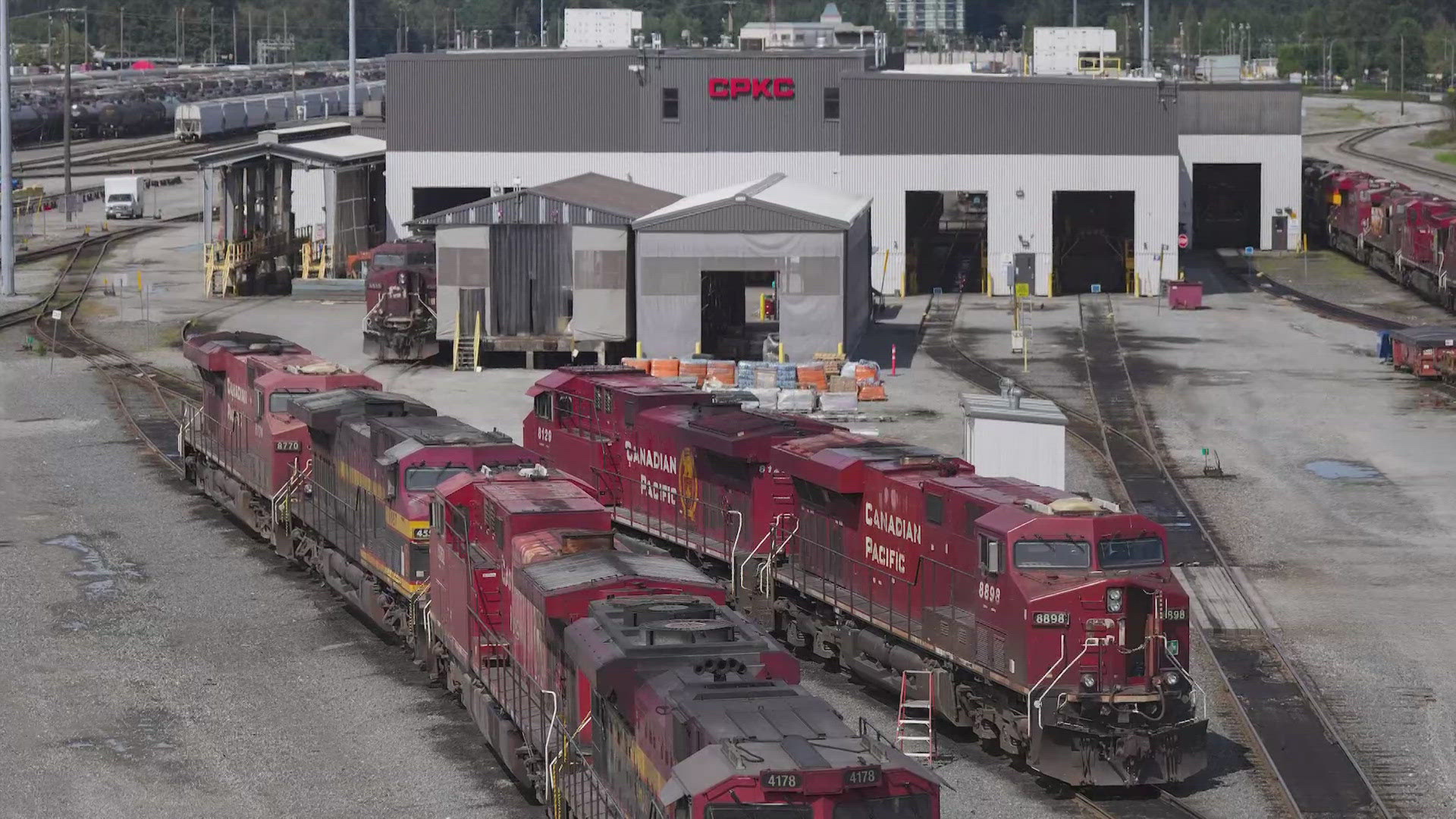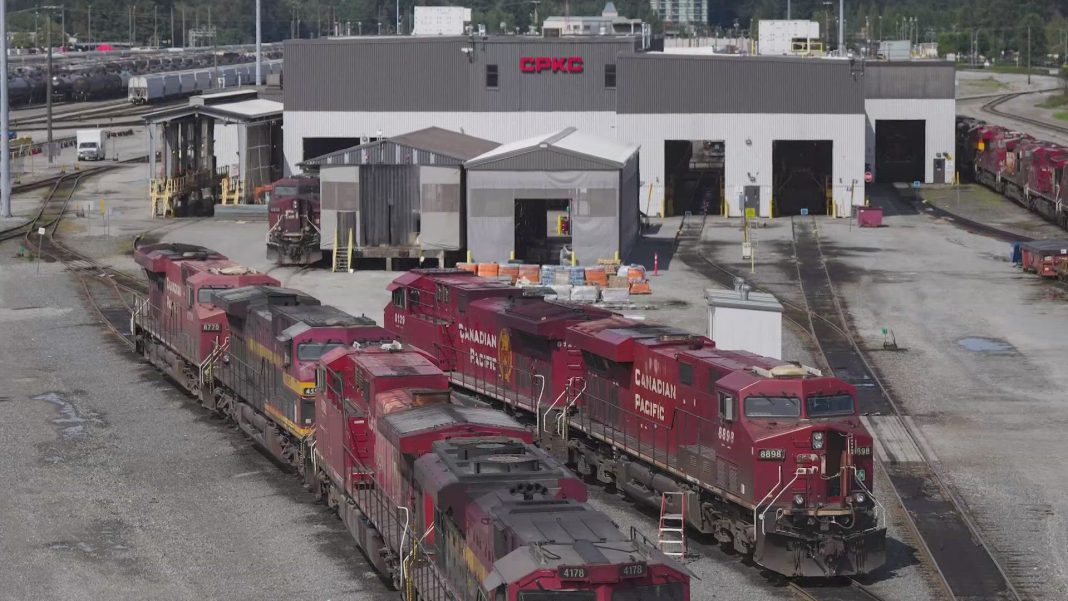
Impact of Canadian Railroad Strike on North American Automotive Supply Chain
Introduction:
The ongoing railroad strike in Canada has the potential to severely disrupt the North American automotive supply chain, affecting both Canada and its largest trading partner, the United States. The strike has led to concerns about the movement of goods, particularly components for the automotive industry, between the two countries.
The Significance of the United States as Canada’s Largest Trading Partner:
According to Statistics Canada, the United States accounted for nearly two-thirds of Canada’s $1.5 trillion in worldwide trade in 2022. This highlights the strong economic ties between the two countries. Moreover, Canada’s major shipping ports, which serve as sources of imports into the United States, rely on the rail systems currently involved in the labor dispute.
The Impact on the U.S. Economy:
The U.S. Chamber of Commerce and the Canadian Chamber of Commerce have expressed concerns about the potential impact of a rail stoppage on both countries’ economies. Suzanne P. Clark, President of the U.S. Chamber, and Perrin Beatty, President of the Canadian Chamber, stated that a rail disruption would have devastating effects on Canadian businesses and families, as well as significant impacts on the U.S. economy. The deeply integrated supply chains between the two countries mean that workers across multiple industries on both sides of the border would be affected.
The Importance of Rail Transport for Bilateral Trade:
According to the U.S. Department of Transportation, freight transported by train between the United States and Canada accounted for $113.9 billion in 2022, representing 15% of all bilateral trade. This includes $41.6 billion in exports and $72.2 billion in imports, with 1,571,503 rail containers in transit. The interruption of rail service would have significant consequences for the movement of goods and would disrupt the supply chains of various industries.
Specific Industries at Risk:
The automotive industry, in particular, heavily relies on the North American automotive supply chain, which includes components from Canada. Former Missouri Governor Matt Blunt, who now serves as President of the American Automotive Policy Council (AAPC), emphasized the potential disruption to the industry. He stated that a prolonged railroad strike would severely disrupt the North American automotive supply chain, which is critical to the U.S. auto sector and its domestic manufacturing supply chain. This would impact the hundreds of thousands of people employed in the industry. Other industries, such as chemicals, refineries, timber, construction, coal, grain, and fertilizer, which depend on rail transport for large, long-distance shipments, are also at risk.
The Role of the Canadian Government:
Under intense pressure, the Canadian government has referred the labor dispute to the Canada Industrial Relations Board (CIRB) for binding arbitration. This move is aimed at reaching a quick settlement and minimizing the impact on the economy. However, there is no indication yet that the CIRB will order an end to the labor dispute at Canadian Pacific Kansas City (CPKC), where the workers’ lockout is still in effect. The government’s intervention reflects the importance of resolving the strike promptly to prevent further harm to supply chains and the economy.
Implications for Ports and Other Industries:
Canadian trains transport more than $700 million worth of goods daily and play a crucial role in the movement of cargo containers at ports. The Port of Halifax, for example, reports that about 60% of the cargo containers that pass through the port are loaded onto trains for distribution. The Vancouver Fraser Port Authority has requested shipping companies to delay incoming shipments, and many companies are seeking alternative ports to deliver their cargo. Industries heavily reliant on rail transport, including the automotive industry, chemical industry, major retailers such as Walmart and Target, and construction companies, are closely monitoring the situation and may face disruptions in their supply chains.
Conclusion:
The ongoing railroad strike in Canada has raised concerns about the impact on the North American automotive supply chain and other industries that rely on rail transport. The United States, as Canada’s largest trading partner, is particularly vulnerable to the disruption caused by the strike. The Canadian government’s referral of the dispute to the Canada Industrial Relations Board reflects the urgency to find a resolution and mitigate the potential harm to the economy. As the situation unfolds, industries across both countries are closely monitoring developments and preparing for potential disruptions in their supply chains.


